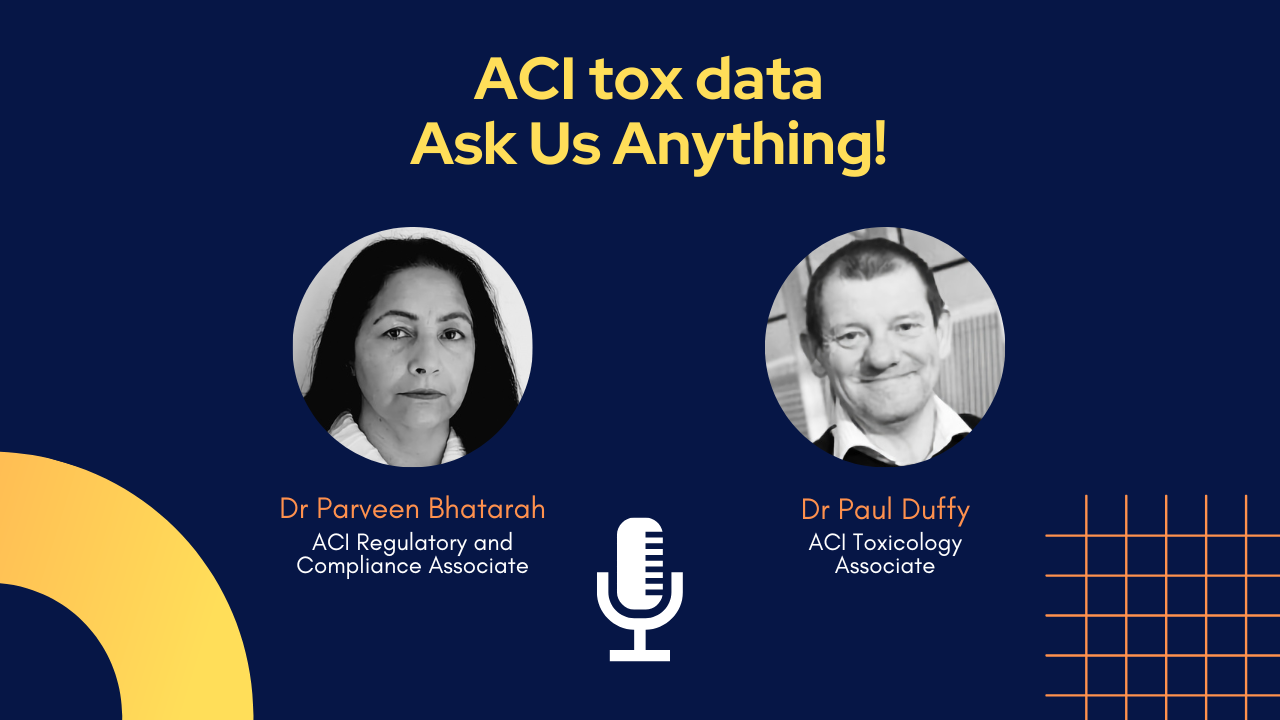A high-level overview of the regulatory framework governing the three most common categories of CBD products.
Those operating in the consumer arena or the CBD wholesale market should be advised of the web of regulatory tools which lay out the basis for compliant cannabinoids in the UK.
CBD is widely available off the shelf via a range of delivery methods in the UK, from oral solutions like oil drops and vapes, to food supplements, confectionery treats and cosmetics.
Food supplements and cosmetics are regulated locally across the nation by Trading Standards enforcement officers who have the authority to remove unlawful products from the market.
An umbrella of regulatory measures govern the wide variety of consumer product categories. This blog provides a high-level overview of the regulatory landscape which governs each of these areas. Although the following article refers to legislation, nothing in this content should be construed as legal advice.
Edibles and ingestibles: Novel Foods
Ingestible CBD products are deemed ‘novel’ and therefore need to be assessed by the Food Standards Agency for safety before being placed on the market in the UK, or EU. The Novel Foods Directive governs all consumable CBD products, including gummies, tinctures, beverages and more.
In 2022, the Food Standards Agency (FSA) published a list of more than 12,000 CBD-infused products, that were on the market in the UK before February 2020. They fall under the food and beverage category, which includes cannabinoid supplements and are permitted by the FSA to remain on the market unless their novel foods application is rejected. The list launched more than two years after the UK’s food safety regulator announced it would clean up the country’s consumer cannabinoid space. Companies with products on this list hope to see their applications authorised as in 2023.
Currently, no CBD products have been fully authorised for sale in the UK. In the meantime, the CBD public list identifies which products have a credible application for authorisation with the FSA. Any new edible products that enter the market after FSA’s cut off date of February 2020 will require a full authorisation from the FSA before they can be sold in the UK.
Cosmetics and borderline products
Sometimes known as topicals, cannabinoid-infused cosmetics occupy the shelves of the beauty, self-care and sports products aisles in UK pharmacies and mainstream retailers.
In the EU, the manufacture of cosmetics is governed by the Cosmetic Products Regulation, dubbed the EU CPR. Following the UK’s exit from the EU, very little has changed when it comes to the nation’s cosmetics regulations. In fact, the EU Cosmetic Regulation (EC) No 1223/2009 has been duplicated into the UK Cosmetics Regulation (UKCR), with some adaptations. These relate to labelling, language of the Product Information File and notification to the UK portal. The UKCR can be found within Schedule 34 of the Product Safety and Metrology etc. (Amendment etc.) (EU Exit) Regulations 2019 Statutory Instrument (SI).
In some cases, a product may fall on the borderline between cosmetic and medicine status i.e. it may fulfil the criteria of a cosmetic, but it might also have a medicinal property. Classification of borderline products can be difficult to determine. The Medicines and Healthcare Products Regulatory Agency (MHRA) regulates medicinal products and has published “A Guide to what is a Medicinal Product” which manufacturers should consult.
CBD wholesale
CBD Vapes
Public Health England advocates for vaping as a means for adults to quit smoking, routinely publishing evidence reviews. And with the rise of e-cigarettes, a CBD vape market has also grown.
Unlike traditional vape products which contain nicotine, CBD e-liquids and pen-like devices are nicotine-free, and fall outside of the parameters of the Tobacco and Related Products Regulation 2016 (TRPR).
However, manufacturers of such products and devices are expected to comply with the General Product Safety Regulations 2005 (GPSR), a piece of legislation which ensures the safety of all consumer goods on sale in the UK, by setting requirements and providing a range of provisions to secure compliance and enforcement. Under GPSR, in the absence of any specific provision to govern the safety of a product, the general safety requirement must be assessed against other available standards, either compulsory or voluntary, drawn up in the UK.
Advertising limitations
The Medicines and Healthcare products Regulatory Agency says any product intended for use as a medicine will be treated as such, and that is especially important for CBD brands to be aware of. Unless your product has been licensed by the MHRA, you cannot make a health or medical claim in any of your marketing. This includes the use of terms such as “cure”, “restore”, “prevent”, “avoid”, “fight” or “heal”.
CBD wholesale





